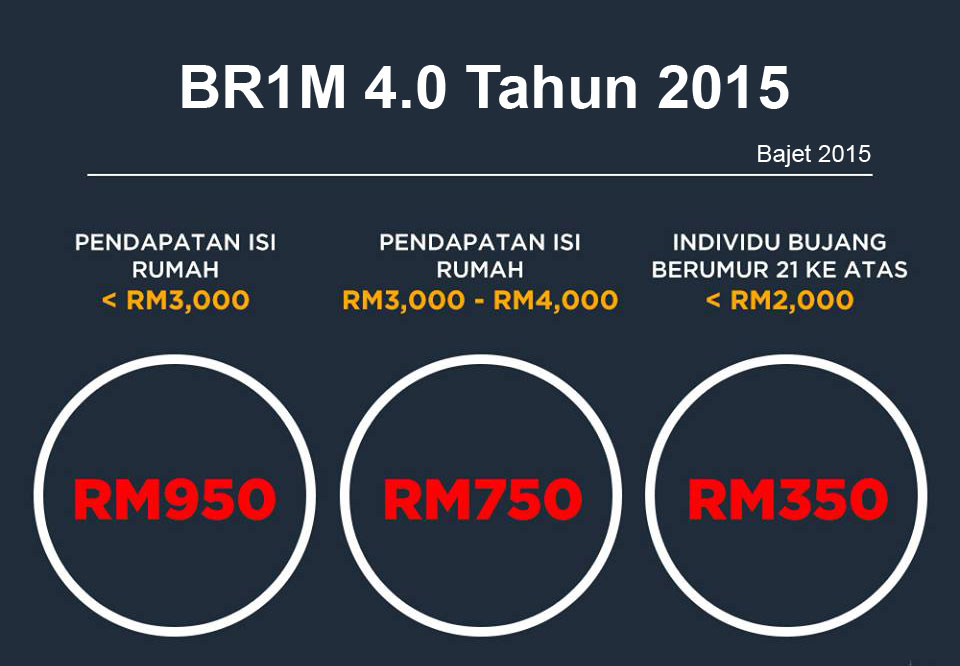When it comes to Islamic Personal Loans, many people have wondered how different it is from the conventional type of personal loans. Check out below to learn more about how an Islamic Personal Loan works in Malaysia.

Basics of Islamic Banking
As a banking system that strictly adheres itself to Syariah principles, an Islamic religious law that is found in Quaran, Hadith and Sunnah, Islamic Banking system differs itself from the conventional system by not loaning any money to the customer. Instead, the bank will buy the items for the customers and then sell it back to them at a higher marked up price. Overseen by both Islamic Law and Financial Industry regulations, Islamic Banking is tightly regulated and the banks that practices the Islamic Banking system has to ensure that their financial products offered to customers are halal, permissible in Islamic Law and Syariah compliant besides not charging interest for their loan packages. To regulate this Islamic banking system properly, Syariah boards consisting of qualified Islamic Scholars will evaluate the Islamic financial products offered by these banks. To package Islamic finance to consumer, Islamic financing is reterm to something that a consumer can understand.
Despite the fact that Islamic Banking system differs from the conventional system, there are still some similarities between them. For example, both Islamic banks and conventional banks offer almost similar financial products but Islamic banks conduct their businesses by following the Syariah principles that prohibit haram business such as alcohol and gaming, riba, the practice of charging high interest rates, Gharar, speculating or aggressive sales with uncertain value and Zulm, exploitative methods, oppressive and cruel sales practices.
According to Islamic principles, the money neither has an intrinsic value nor does not create any returns as time passes. Therefore, as the money cannot be more valuable as time passes, Islamic Banks are not allowed to seek for any kind compensation or any form of interest rate for loaning out the money to an individual. Yet, Islamic Principles recognizes that the value of money can be increased if it is used in some form of investments. As a result, Islamic Banks charges a profit rate instead of an interest rate for their financial products.
How Does An Islamic Personal Loan Works?
An Islamic Personal Loan works by utilizing an Islamic concept known to be as Bai Al-Inah, a widely used concept to define personal financing as opposed to the definition of personal loans by conventional banks. Bai Al-Inah operates on the concept that involves the transaction of selling and buying back by the seller on the basis of deferred payments. The bank acts as a seller that will sell to the customer that acts as the buyer on a cash basis and the seller will then buy back on a deferred payment basis where the price is higher than the cash price from the customer on a later date. This concept can also be applied when the seller sells to the buyer on deferred payment basis. In this scenario, the seller will buy back from the buyer on a cash basis at a price that is lowered than the deferred price at a later date and hence this transaction equals to a loan and the asset involved in the Bai Al-Inah concept of buying and selling is the cash. Islamic banks will then charge their customer with an amount known as profit rate for offering them to utilize the personal financing facility. Unlike personal loans by conventional banks, Islamic Banks will offer personal financing facility with a profit rate that will be included in the personal financing contract.
Besides practicing the Bai Al-Inah concept, certain Islamic Banks also practices the other Syariah principles known as Murabahah or Tawarruq for personal financing. Murabahah is defined as a type of sale where the commodity item is sold for cash or deferred price and Tawarruq is defined as the type of sale where the asset is purchased with deferred price and then selling it to a third-party for cash. While it is optional for certain Islamic Banks such as Hong Leong Islamic Bank and Bank Rakyat, most of the other Islamic Banks offer financial products that come included with Takaful Insurance coverage and the profit rate will be determined based on whether you decide to opt for the Takaful Insurance coverage or not. The profit rate will be lower if you opt for the Takaful insurance coverage because the Islamic Banks are able to make extra money from selling them and it reduces the risk for the related banks.
In conclusion, one of the best selling points for Islamic personal loans is that the late settlement penalty fees may be essentially lower than the fees imposed by conventional banks because Syariah principles forbid the principle of compounding interest.
List of Islamic Banks in Malaysia
The list of Islamic Banks in Malaysia include:
- Affin Islamic Bank Berhad
- Al Rajhi Banking & Investment Corporation (Malaysia) Berhad
- Alliance Islamic Bank Berhad
- AmBank Islamic Berhad
- Asian Finance Bank Berhad
- Bank Islam Malaysia Berhad
- Bank Muamalat Malaysia Berhad
- CIMB Islamic Bank Berhad
- HSBC Amanah Malaysia Berhad
- Hong Leong Islamic Bank Berhad
- Kuwait Finance House (Malaysia) Berhad
- Maybank Islamic Berhad
- OCBC Al-Amin Bank Berhad
- Public Islamic Bank Berhad
- RHB Islamic Bank Berhad
- Standard Chartered Saadiq Berhad


